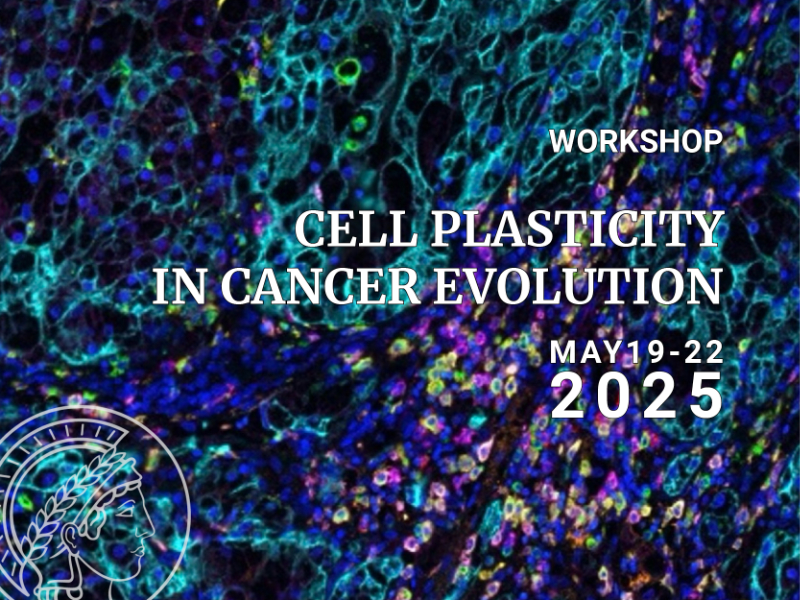Cellular plasticity describes the ability of cells to switch their phenotype in response to
microenvironmental changes. It is a key phenomenon in pancreatic ductal adenocarcinoma (PDAC) esentially adding to the tumors high degree of heterogeneity, aggressiveness and therapy resistance. Furthermore, PDAC is characterized by a profound inflammatory stroma which is an important driver of...
Metabolic stress is a frequent adverse event in tumors caused by mutations, malperfusion, hypoxia, and nutrition deficit. The resulting bioenergetic deprivation triggers signaling, mechanical and metabolic adaptation responses in tumor cells to secure survival and adjust migration activity. Using 3D invasion models and preclinical intravital microscopy in mouse models of breast cancer, we...
The tumour microenvironment is characterized by alterations in the molecular and cellular composition, such as the infiltration of immune cells, reprogramming of fibroblasts, changes in ECM composition, changes in oxygen concentrations and pH, and related cell phenotype changes such as metabolic reprogramming or the emergence of migratory and invasive cancer cells. Critically, many, if not...
Tumor heterogeneity significantly complicates cancer treatment and prognosis.
Our recent findings demonstrate that the transcriptional dosage of the oncogenic form of the KRAS gene drives tumor evolution in lung adenocarcinoma. Using mouse models, CRISPR activation screens, and chromatin profiling, we showed that - despite being already mutated and copy-number amplified - a mild...
Micronenvironmental signals play an important role in controlling cell
phenotypes. A complex network of interactions, both between a cell and
its environment as well as within a cell, govern cell development
processes. Mathematical models can contribute to our understanding of
such processes and support experimental design by generating testable
hypotheses. In this talk, I highlight the...
Phenotypic adaptation, the ability of cells to change phenotype in response to external pressures, has been identified as a driver of drug resistance in cancer. To quantify phenotypic adaptation in BRAFV600E-mutant melanoma, we develop a theoretical model that emerges from data analysis of WM239A-BRAFV600E cell growth rates in response to drug challenge with the BRAF-inhibitor encorafenib. Our...
Early cutaneous squamous cell carcinomas (cSCCs) generally show epithelial differentiation features and good prognosis, whereas advanced cSCCs present mesenchymal traits associated with tumor relapse, metastasis, and poor survival. The mechanisms involved in cSCC progression are unclear, and the established markers are suboptimal for accurately predicting the clinical course of the disease....

